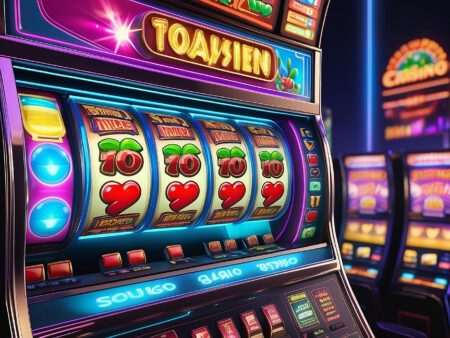Want to improve your gambling strategy? Learn about the mathematics behind your favorite games, including odds, probability, and expected value. Discover how to use this knowledge to make more informed betting decisions.
The Mathematics of Gambling: Understanding Odds and Probability
Gambling is a game of chance, but understanding the mathematics behind it can give you an edge. The odds and probability of winning are crucial factors that determine your chances of success. If you’re serious about gambling, it’s important to understand these concepts and use them to your advantage. In this article, we’ll explore the mathematics of gambling and how it can improve your strategy.
Understanding Probability
Probability is the likelihood of an event occurring. In gambling, it’s the chance of winning a bet. Probability is expressed as a number between 0 and 1, with 0 being impossible and 1 being certain. For example, the probability of flipping a coin and getting heads is 0.5 or 50%.
In gambling, probability is used to calculate the odds of winning. The odds are the ratio of the number of ways an event can occur to the number of ways it can’t occur. For example, if you’re playing a dice game and the probability of rolling a 6 is 1/6, then the odds of rolling a 6 are 5 to 1 against (or 1/5).
Understanding Odds
Odds are another way of expressing probability. They are usually expressed in the form of a ratio or fraction. For example, odds of 2 to 1 mean that for every $1 you bet, you can win $2 if you’re correct. If the odds are 1 to 1, you’ll win $1 for every $1 you bet.
Odds can be expressed as decimal or percentage. Decimal odds are simply the ratio of the payout to the stake. For example, if you bet $10 at odds of 2.5, you’ll win $25 (including your stake). The decimal odds in this case would be 2.5. Percentage odds are calculated by dividing 100 by the decimal odds. In this case, the percentage odds would be 40%.
Understanding Expected Value
Expected value is a mathematical concept that measures the average outcome of a random event over time. In gambling, it’s used to determine whether a bet is likely to be profitable in the long run. Expected value is calculated by multiplying the probability of winning by the amount you stand to win and subtracting the probability of losing multiplied by the amount you stand to lose. If the result is positive, then the bet is profitable.
For example, let’s say you’re playing a game where you have a 1 in 10 chance of winning $100 and a 9 in 10 chance of losing $10. The expected value of the bet can be calculated as follows:
(1/10 x $100) – (9/10 x $10) = $10 – $9 = $1
Since the expected value is positive, this bet is profitable in the long run.
Conclusion
Understanding the mathematics of gambling is essential if you want to improve your chances of winning. By understanding probability, odds, and expected value, you can make more informed betting decisions. Remember, however, that no amount of knowledge can guarantee success in gambling. It’s still a game of chance, and luck always plays a role. But by using the principles of gambling mathematics, you can maximize your chances of success and minimize your losses.










